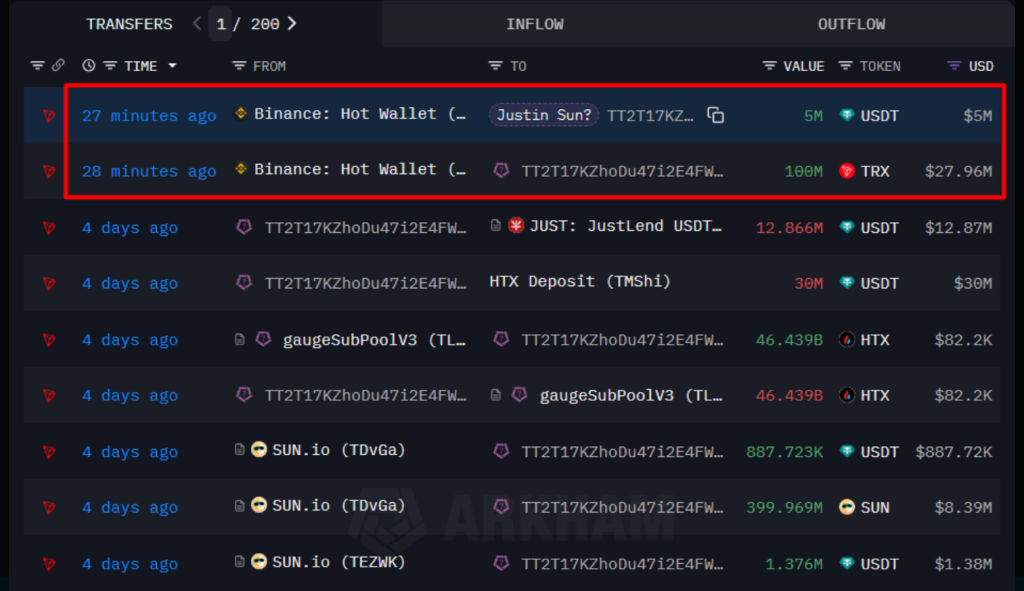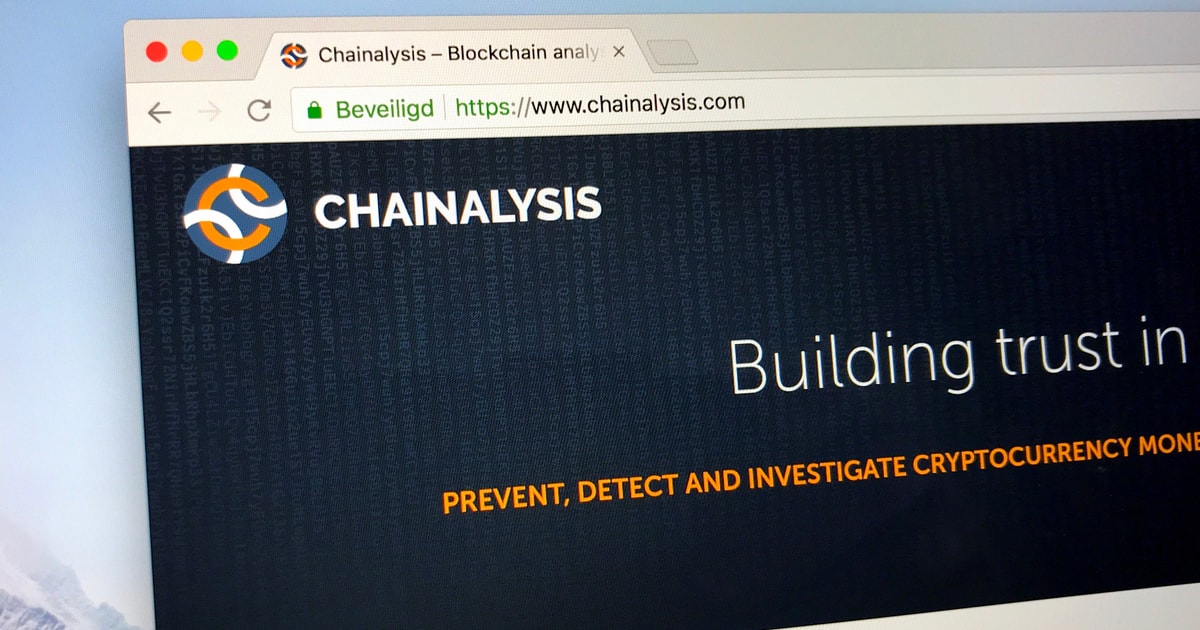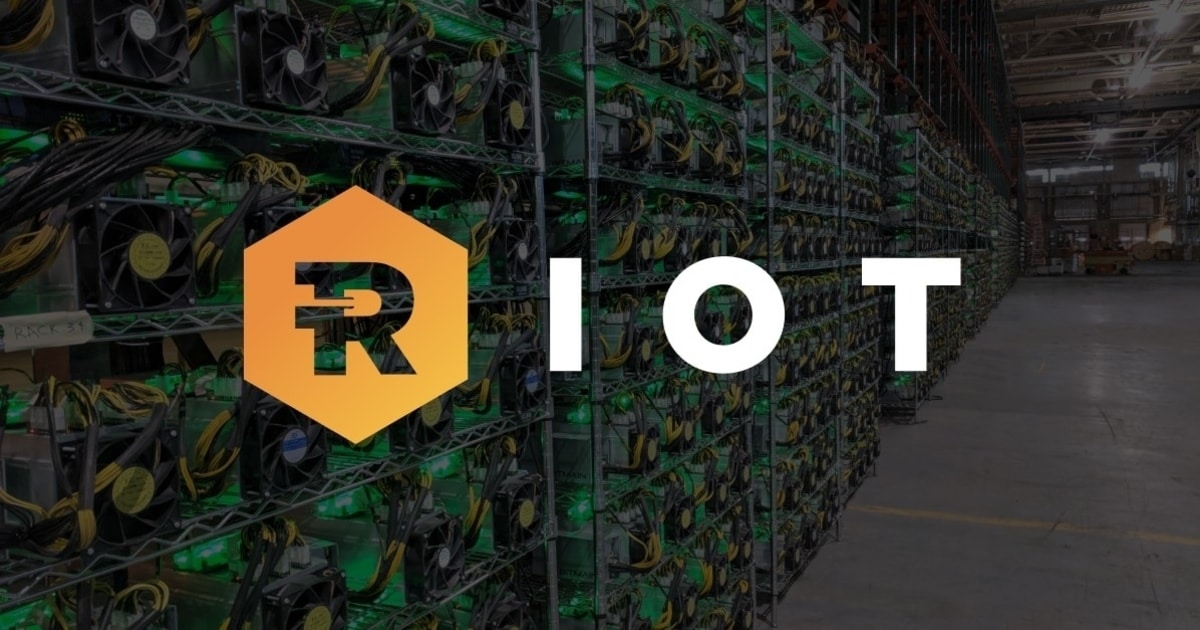When I hear people talking about future regulation of cryptocurrencies I often find myself thinking that they must just not fully grasp how truly sovereign a blockchain is.
In my mind, heavy regulation and taxation of cryptocurrency only further incentivizes someone to hide money and transactions from the government, which is currently trivially easy to do. I see cryptocurrency in this way posing a massive threat to existing institutions that are funded by tax dollars.
First, how to circumvent capital gains and excise taxes. Say I move 100k worth of savings into crypto through an exchange. Even though I have given KYC, I can transfer that to another wallet and tell the IRS, "I lost it all through online gambling". That BTC can now be used for any non KYC transactions (cash equivalent) without paying taxes, and without the government knowing. The only event where I need to pay taxes is if I want to buy a car, I can transfer out 25k and claim that I earned it through savvy investment (or whatever other means results in the lowest taxation - gambling, gifted from a friend, etc). Capital gains taxes can only extend as far as the cash amount of the purchase you're making, and can no longer discriminate how the money was earned.
In addition to that, it's becoming easier to spend money without cashing out into USD at all. Services like purse.io let you buy from Amazon with crypto. Dozens of sites exist that let you buy gift cards for virtually all major retailers in pure crypto. More and more small businesses are accepting crypto. I can imagine we are moving in the direction of people being able to pay rent, buy a car, or pay for medical treatment in crypto. As you can imagine, it becomes an extremely hard problem for the IRS to keep track of and attempt to impose taxes on the currently very anonymous consumer side of the crypto economy.
Secondly, corporate tax and income tax. There is an increase in economic entities that are not dependent on operating in a regulatory environment. What I mean: A coffee shop has to pay taxes, or the bank will foreclose on their property. On the other hand, an internet consulting firm with no physical location is only dependent on a regulatory environment because their finances are in fiat. As we see an increase in the crypto payment structure's usability companies who are able to are incentivized to go full crypto and stop paying taxes.
The theme here is that when the government no longer controls the money, everybody stops wanting to pay taxes. After all, this makes sense. More and more things that we used to need the government for, like banks, for example, which essentially have been raping the humanity for the past 60 years, are now irrelevant for those who hold their savings in crypto.
The average American has around 50k in debt. If I can live off the financial grid, pay my rent in crypto, and buy consumer goods in crypto, why should I ever pay that back?
Ever since Bitcoin established itself as something that exists outside the domain of government control, the power balance has been shifting.
As I see it, there are two directions this can go.
#1: Humanity shifts towards a more democratic, although more chaotic and unregulated, distribution of power. A purely unregulated "internet government" now represents part of the global economy. A world where many people live their life without touching fiat and are completely free from a large portion of the regulations we live under today. This is already becoming possible through the growing crypto job and crypto retail economies I mentioned earlier. I think this future could be extremely chaotic and messy if it isn't embraced early and the transition handled carefully, but regardless is ultimately worth it in the long term, compared to #2.
#2: When current institutional power structures start to realize that control is slipping out from under them, they bite down hard on crypto. Internet censorship, outlaw of VPNs, NSA department in your ISP. All crypto payments, (if they're still legal at all), must be KYC through and through or else they are criminal. We revert back to the old model, and each citizen is beaten into submission to bend over yet again for the next bank-induced financial crisis.
I personally see #1 as the most likely outcome. In today's climate characterized by wealth inequality and people becoming sick of institutional abuse, I can't imagine that a crackdown on crypto would be tolerated by the masses. The current cultural view of institutions like banks, government officials, and even universities is leaning towards viewing them as senile and often malevolent or untrustworthy. I also believe that this is likely not going to be a graceful transition. Understanding that this power transition is even happening at all, let alone getting out ahead of it takes a competent and public-interest-oriented government. I'm interested to see how the Nordics and Western Europeans handle the next decade.
Thanks for reading. I am extremely curious to see where other people who are thinking about the future of crypto in a politico-socio-economic context are standing on this sort of thing. Please share your thoughts :)
[link] [comments]

You can get bonuses upto $100 FREE BONUS when you:
💰 Install these recommended apps:
💲 SocialGood - 100% Crypto Back on Everyday Shopping
💲 xPortal - The DeFi For The Next Billion
💲 CryptoTab Browser - Lightweight, fast, and ready to mine!
💰 Register on these recommended exchanges:
🟡 Binance🟡 Bitfinex🟡 Bitmart🟡 Bittrex🟡 Bitget
🟡 CoinEx🟡 Crypto.com🟡 Gate.io🟡 Huobi🟡 Kucoin.




















Comments